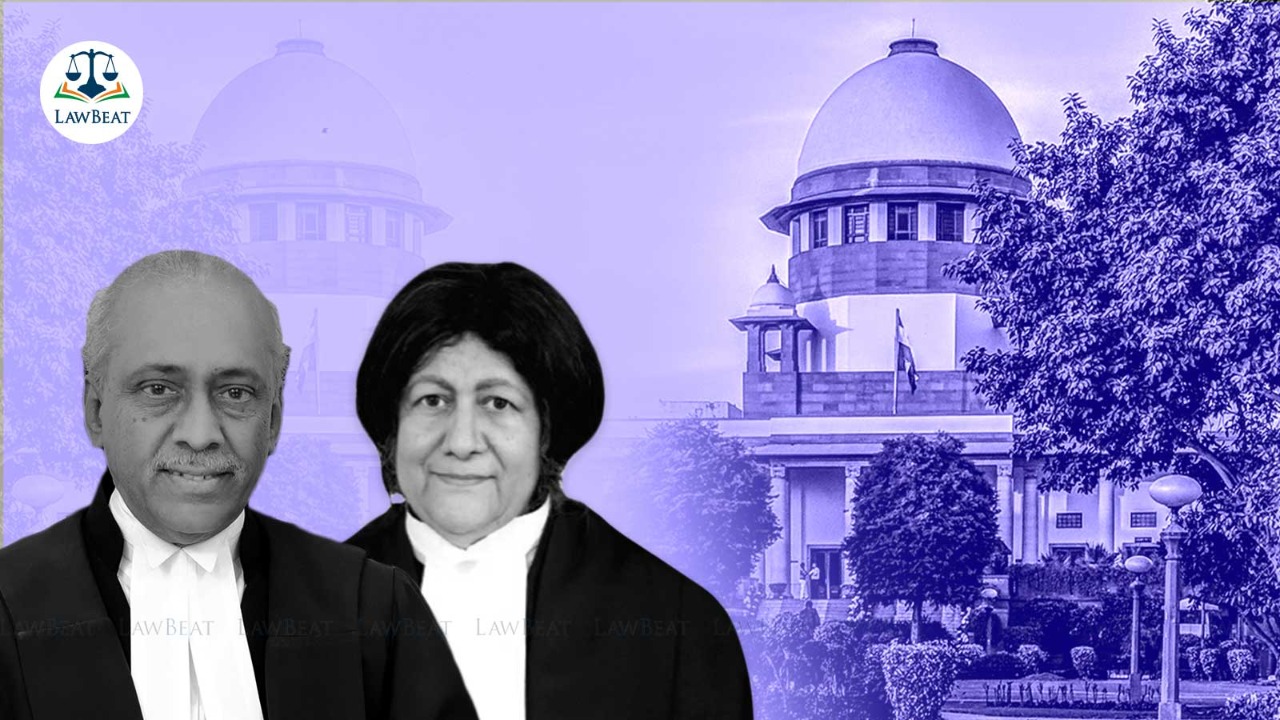Heinous and serious crimes cannot be quashed on basis of a settlement between complainant and accused: Supreme Court

In criminal jurisprudence, once an FIR is lodged and a criminal case is started by the State, it becomes a matter between the State and the accused, the Supreme Court held, while adding that an informant has no right in law to withdraw the complaint of a non-compoundable offence of a grave, serious and/or heinous nature, which impacts society.
The Supreme Court on Friday held that heinous or serious crimes, which are not private in nature and have a serious impact on society cannot be quashed on the basis of a compromise between the offender and the complainant and/or the victim.
A division bench made this observation while holding that Criminal Miscellaneous Applications filed by the accused under Section 482 of the Criminal Procedure Code (CrPC) cannot be allowed, when it seeks to quash an FIR under Section 306 of the IPC for abetment to commit suicide, entailing punishment of imprisonment of ten years, on the basis of a settlement between the complainant and the accused named in the FIR.
Jurisdiction under Section 482 of the CrPC is not to be exercised for the asking, the Supreme Court held.
Noting that an offence under Section 306 of the IPC of abetment to commit suicide is a grave, non-compoundable offence, a bench of Justice Indira Banerjee and Justice V Ramasubramaniam said,
"Where the victim and offender have compromised disputes essentially civil and personal in nature, the High Court can exercise its power under Section 482 of the CrPC to quash the criminal proceedings. In what cases power to quash an FIR or a criminal complaint or criminal proceedings upon compromise can be exercised, would depend on the facts and circumstances of the case."
The division bench further said that,
"Crimes like murder, rape, burglary, dacoity and even abetment to commit suicide are neither private nor civil in nature. Such crimes are against the society. In no circumstances can prosecution be quashed on compromise, when the offence is serious and grave and falls within the ambit of crime against society...".
Court further held that orders quashing FIRs and/or complaints relating to grave and serious offences only on basis of an agreement with the complainant, would set a dangerous precedent, where complaints would be lodged for oblique reasons, with a view to extract money from the accused.
Furthermore, the top court was of the view that financially strong offenders would go scot-free, even in cases of grave and serious offences such as murder, rape, bride-burning, etc. by buying off informants/complainants and settling with them.
This would render otiose provisions such as Sections 306, 498- A, 304-B etc. incorporated in the IPC as a deterrent, with a specific social purpose, the Court said.
Also, noting that in criminal jurisprudence once an FIR is lodged and a criminal case is started by the State, it becomes a matter between the State and the accused, Court said,
"In case of grave and serious non-compoundable offences which impact society, the informant and/or complainant only has the right of hearing, to the extent of ensuring that justice is done by conviction and punishment of the offender. An informant has no right in law to withdraw the complaint of a non-compoundable offence of a grave, serious and/or heinous nature, which impacts society."
Case Title: DAXABEN vs. THE STATE OF GUJARAT & ORS.
